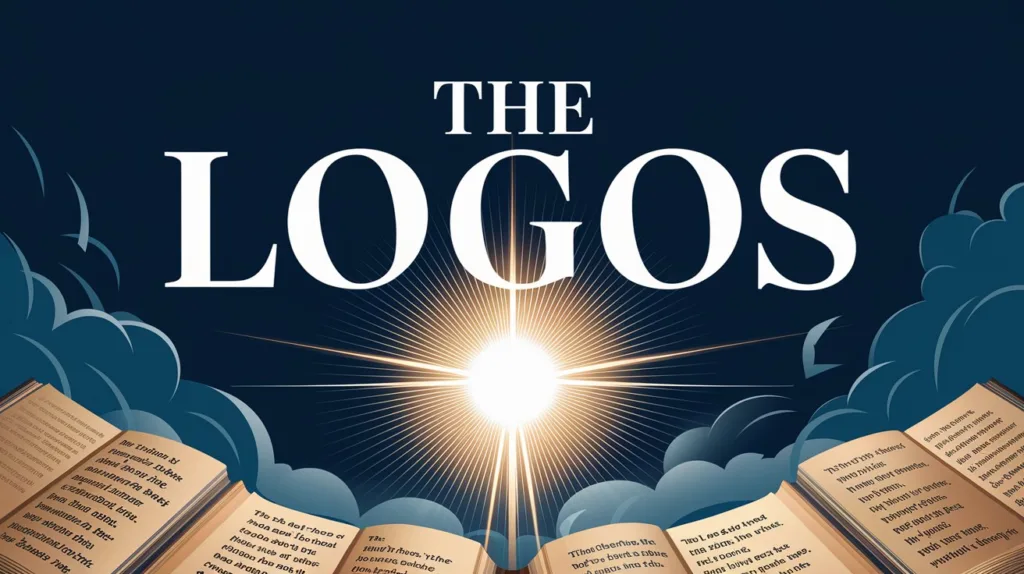Jesus instructed people not to broadcast His miracles to protect His purpose and timing, to guard against misunderstanding, and to focus people’s attention on the message rather than the marvel. This directive, often called the “Messianic Secret”, served several clear intentions:
Avoid Misguided Messianic Expectations
The crowds sought a political or militaristic Messiah. Premature fame could have diverted Jesus’ mission and fueled misunderstanding.“Then He warned them sternly that they should not make Him known.”
(Mark 8:30)Fulfill Prophetic Timing
Jesus fulfilled prophecy according to God’s schedule. Publicizing miracles too soon risked exposing Him before the appointed time.“For He had not yet been glorified.”
(John 7:30)Protect the Innocent
Instant fame could overrule careful discernment, leading to emotional crowds driven by spectacle, not faith.“And many people came to Him and said, ‘John performed no sign, yet no one believed in him; but the multitude came when Jesus came, and performed many signs.’”
(John 7:31)Focus on Faith and the Word
Jesus wanted the heart change that accompanies belief, not merely emotional responses to miracles.“Blessed are those who do not see and yet believe.”
(John 20:29)
When people did spread the news, He paused to teach, re-focus attention, or avoid stirring crowds until the Father’s purpose was clear:
“And Jesus instructed them that no one should know it.”
(Mark 1:44)
Jesus used secrecy not to hide His power but to direct hearts to the gospel, ensure His movement remained under divine authority, and prevent sensationalism from hijacking His mission.





 Get the book that teaches you how to evangelize and disarm doctrines from every single major cult group today.
Get the book that teaches you how to evangelize and disarm doctrines from every single major cult group today.